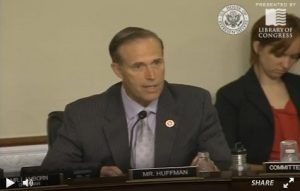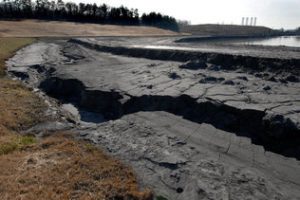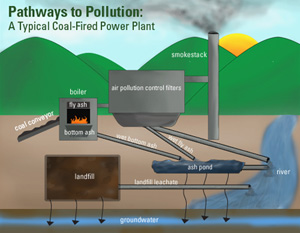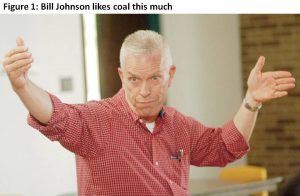
Rep. Jared Huffman asks his fellow committee members “Why should we be allowing mountaintop removal mining to bury hundreds of miles of Appalachian streams, destroy mountain towns, and threaten people in the region with cancer, lung and heart disease?”
Yesterday was a busy day on Capitol Hill. With multiple hearings on environmental issues in the House and Senate, Congress is trying to get a lot of business done before the August recess.
House Natural Resources Committee Questions OSM Director Pizarchik
Joseph Pizarchik, Director of the Office of Surface Mining, Reclamation, and Enforcement (OSM) was questioned by the members of the Energy and Mineral Subcommittee of the House Natural Resources Committee. The hearing was supposedly focused on the “war on jobs” and the Stream Buffer Zone rule rewrite.
The Bush administration changed the Stream Buffer Zone rule in 2008 to make it easier for coal companies to dump mining waste into Appalachian streams, and among many others, we have been fighting to get OSM to write a stronger rule ever since. The good news is that OSM is indeed in the process of creating a new rule, the Stream Protection Rule. The bad news is that they’ve been working on it for four years and don’t expect it to be released until next year at some time. We also don’t know how strong the rule will be.
Meanwhile, Rep. Doug Lamborn (R-CO) of the energy subcommittee has called Pizarchik to the Hill about a half-dozen times to criticize the rulemaking process. Rep. Bill Johnson (R-OH) even criticized the rule, certain that it will cost “thousands of jobs.” Any claims of job killing are based on paranoid assumptions. After all, OSM has not even released a first draft of a rule.
(more…)
Read More ...















